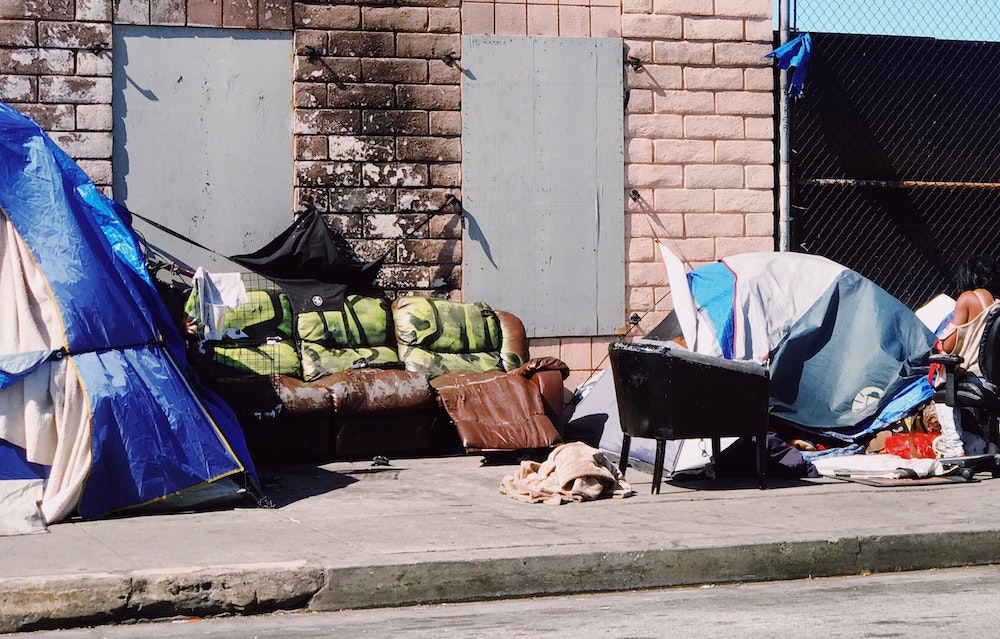Trench fever is a rare condition spread by lice, and it's been found among Denver's homeless.
Colorado health officials are currently investigating at least three cases of trench fever in Denver's homeless population, with a fourth suspected case, according to Kaiser Health News.
Dr. Michelle Barron, the medical director of infection prevention and control at UCHealth University of Colorado Hospital, said, "Two is always an outbreak, and then when we found a third—OK, we clearly have something going on."
Barron told Kaiser Health News that she'd never seen a case of trench fever in her 20 years of work in Colorado.
Trench fever, which is transmitted by body lice, is a disease that was prominent in soldiers during World War I—it infected over a million Allied troops. The disease's symptoms include relapsing fever, headache, nausea, vomiting, bone pain (in the shins, specifically), and malaise (or general discomfort). It's also worth noting that some who contract the disease suffer from skin lesions or even have life-threatening heart valve issues.
Health officials are attempting to find commonalities with the four cases, but they occurred months apart and the individuals infected don't appear to have connections with one another. And, according to Barron, trench fever can be "an easy diagnosis to miss" because patients may have other health issues that cause those same symptoms. Doctors are also more likely to rule out common causes before they consider a rare one, she said.
"With this particular disease, unless you work in a setting where you’re with the homeless all the time, you’re not thinking about it or looking for it," said Dr. Kristy Murray, an infectious disease specialist with Baylor College of Medicine and Texas Children's Hospital in Houston. "It is very rare."
On top of that, it can take up to 21 days for the bacteria (Bartonella quintana) to grow in lab cultures. However, after seven days, labs typically discard the cultures. Barron said that the bacteria in two of the confirmed cases had grown right before the cultures were to be thrown out.
Murray said that doctors will usually treat the symptoms of a disease like trench fever with antibiotics and by killing the lice that spreads it.
Over the last few years, San Francisco and Seattle have both seen trench fever "outbreaks" in homeless camps.
